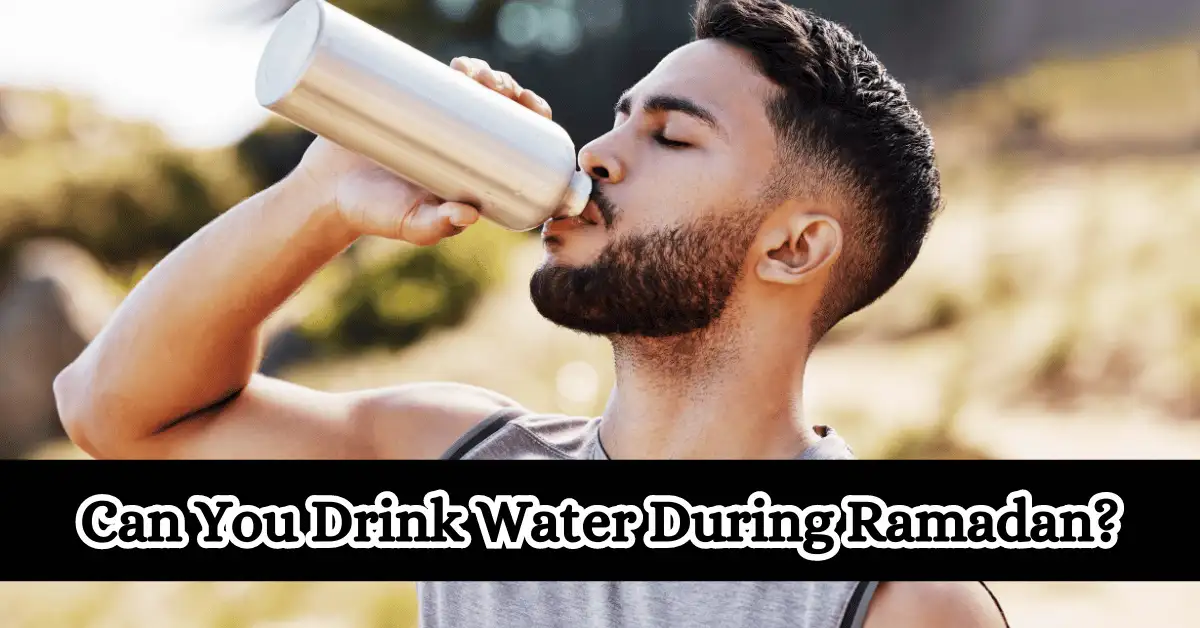As the holiest month in Islam, Ramadan holds significant spiritual and cultural importance for Muslims worldwide. One of the pillars of Ramadan is fasting, during which Muslims abstain from food and drink from dawn until sunset. However, the question often arises: Can you drink water during Ramadan?
In this blog post, we’ll delve into the rules and considerations surrounding drinking water during Ramadan and explore hydration’s potential benefits and implications during fasting.
Understanding the Rules
According to Islamic teachings, fasting during Ramadan entails complete abstention from food and drink, including water, from dawn (Fajr) until sunset (Maghrib). This fasting period is intended to cultivate self-discipline, spiritual reflection, and empathy for those less fortunate.
As such, Muslims are expected to adhere to the prescribed fasting guidelines, which prohibit consuming all food and beverages during daylight hours.
Exceptions and Considerations
While the general rule is to abstain from water during fasting hours, there are exceptions and considerations. In cases of illness, hardship, or extreme thirst, Islam permits breaking the fast and consuming water or food to preserve one’s health and well-being. Additionally, pregnant or nursing women, travelers, and individuals with certain medical conditions may be exempt from fasting or advised to modify their fasting practices to ensure their safety and health.
Benefits of Hydration During Ramadan
While fasting can be challenging, especially in regions with high temperatures or prolonged daylight hours, staying hydrated is essential for maintaining overall health and well-being during Ramadan.
Drinking adequate water before dawn (Suhoor) and after sunset (Iftar) helps prevent dehydration, replenish lost fluids, and support proper bodily functions. Good hydration also aids digestion, reduces fatigue, and promotes mental alertness, enhancing one’s ability to engage in worship, work, and daily activities.
Practical Tips for Staying Hydrated
To ensure adequate hydration during Ramadan, consider the following practical tips:
- Drink plenty of water during Suhoor and Iftar to replenish lost fluids.
- Consume hydrating foods such as fruits, vegetables, and soups to boost water intake.
- Avoid excessive caffeine and sugary drinks, as they can contribute to dehydration.
- Pace yourself and sip water throughout the night to maintain hydration levels.
- Listen to your body and prioritize your health by seeking medical advice.
Conclusion
In conclusion, while the general rule of fasting during Ramadan prohibits the consumption of water and other beverages during daylight hours, there are exceptions and considerations to consider. Staying hydrated is essential for maintaining health and well-being during fasting, and Muslims are encouraged to prioritize hydration before dawn and after sunset.
By understanding the rules, benefits, and practical tips for staying hydrated during Ramadan, individuals can observe fasting while safeguarding their health and spiritual practice.
